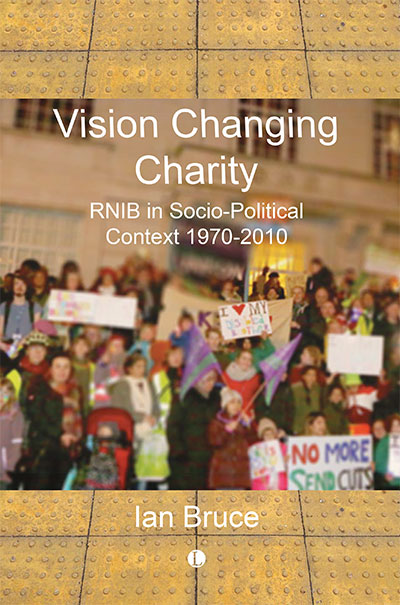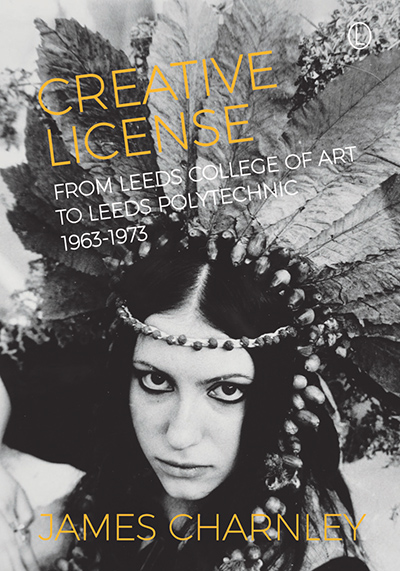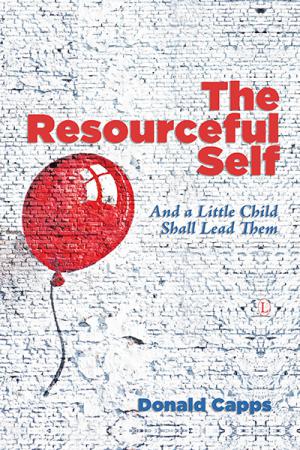Description
Accessible versions of Vision Changing Charity: RNIB in Socio-Political Context 1970-2010 by Ian Bruce are available on request from RNIB. Please contact us through our Helpline: Call 0303 123 9999, email helpline@rnib.org.uk or say: “Alexa, call RNIB Helpline” to an Alexa-enabled device.
The late twentieth century saw charities grow from timid service deliverers into major providers with campaigning teeth. What caused this? How did they gain confidence and strength? In this fascinating history, examined through the eyes of RNIB from 1970 to 2010, Ian Bruce examines the internal drivers and the external socio-political environment that allowed and encouraged this explosion.
Bruce’s experience of leading a charity at the forefront of this change, and his participation in the wider charity sector for fifty years as both activist and academic, gives him an unsurpassed understanding of what happened and why. His first-hand knowledge will speak to charity workers as well as academics, covering themes such as the rise of beneficiary power against patronising providers; the change from welfare to rights; the shift from the medical to the social model of disability; and the adoption of social welfare and business professionalisms such as Strategic Planning and Charity Marketing. Today’s charities have much to learn from the successes and mistakes of this dynamic period.
About the Author
Ian Bruce, CBE, moved from Unilever into charities and later founded the Centre for Charity Effectiveness in City, University of London’s Bayes Business School. His research on visual impairment, charity leadership and marketing are widely cited in the academic literature. While he was CEO (1983-2003), RNIB had over 3,000 staff on 56 sites, with schools, colleges, libraries, hotels, residential homes, factories and a campaigning HQ. He was previously CEO of Volunteering England and Assistant CEO of a London borough and Age Concern England.
Contents
List of Illustrations
Foreword by Matt Stringer, RNIB Chief Executive
Introduction
Part I. Four Decades of Change
1a. 1970-80: How Blind People Took Back Control of RNIB
1b. Progress in the Face of a Dominant Welfare State
2a. 1980-90: Early Adoption of Strategic Planning
2b. Far-reaching Change
3a. 1990-2000: RNIB Can’t Do It All
3b. Expansion and Extension
4a. 2000-10: Governance and Merger Revolution
4b. Services: Launches, Relaunches and Closures
Part II. Forty-year Trends in the Charity in Socio-Political Context
5. External Impacts 1970 to 2010
6. Trends within RNIB
7. Strategic and Structural Change
8. Friends and Foes – Campaigning and Lobbying
9. Resources – People and Money
10. Milestones – but a Long Way to Go
Postscript
References
Appendices
List of Organisational Initials and Acronyms
Organisation Chart 1990
RNIB Management Conference Attendance – 1985, 1991, 1997 and 2003
Index
Endorsements and Reviews
Too often organisational histories gloss over tensions. Ian does not hold back from describing the extraordinary story of how the unsighted took over from the sighted. An extraordinary case study reflecting on the challenges and changes in the charity sector since the 1970s. A must read for any person interested in change.
Professor Paul Palmer, Bayes Business School
The strength of this well-crafted account of the RNIB’s recent history is the way in which Ian Bruce relates the story of the Institute not only to the context of disability politics but also to wider movements in the voluntary sector and society as a whole. This is a must read.
Sir Stuart Etherington, Chair, Oversight Trust
This book will be of consuming interest to students of the British welfare state and its complex and shifting relationship with the voluntary sector. Thanks to Bruce’s personal qualities, not least his remarkable empathy with blind and partially sighted people in all walks of life, it will also be compelling reading for those like myself, activists campaigning for the improvements he did so much to bring about.
Fred Reid, Hon. Professor of History, University of Warwick and long-time trustee of RNIB






